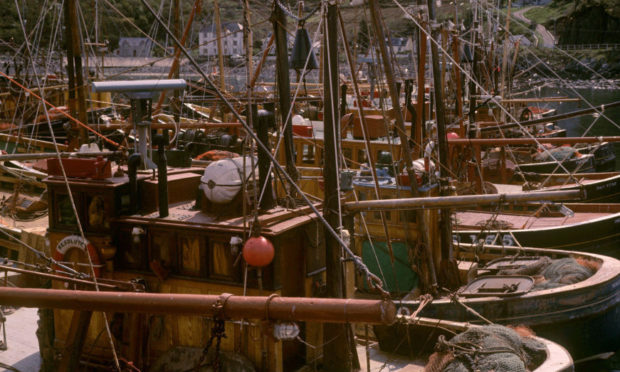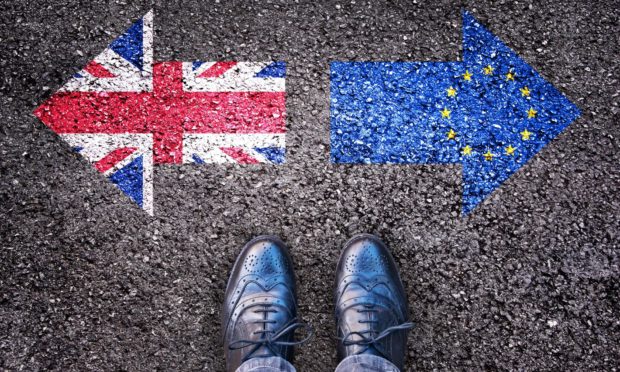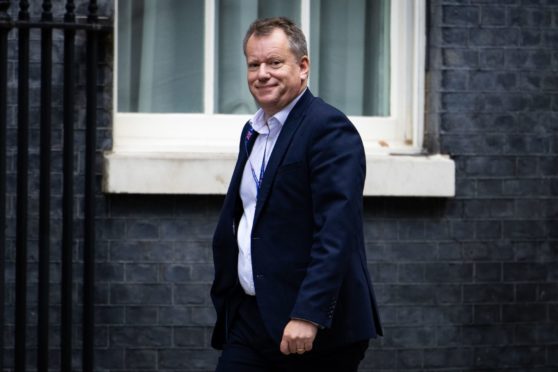Brexit talks are to rumble on into tomorrow and possibly next week, as both UK and EU negotiators attempt to find a compromise on fisheries.
As the last EU summit on Brexit got under way in Brussels on Thursday afternoon, Boris Johnson voiced his “disappointment” that they had not been able to move forward more quickly.
The prime minister had previously said he would walk away from the negotiations unless there was agreement on Thursday, but his team in Number 10 have now briefed they would be prepared to continue talks over the “coming days”.
Fisheries remains “the most difficult issue”, the UK’s chief negotiator, David Frost, has said.
Below, we take a look at how the fisheries talks are shaping up.
What is the UK demanding?
The UK remains fixed on replacing the common fisheries policy with a system of “zonal attachment” that would offer a significant increase in catches for British fishing fleets.
What is the EU demanding?
The EU has demanded “status quo” access to UK waters, which would essentially mean a continuation of the common fisheries policy – something that has been categorically rejected by Boris Johnson.
Is there a middle ground?
Lord Frost confirmed that his team have offered a fisheries “transition” to the EU.
This would mean EU fishermen having continued access to UK waters for a period of time, thought to be in the region of three years.
Asked about the idea, Lord Frost said: “Provided the endpoint is one that we wish to get to, there could be some glide path to get there.
“There are quite significant limits to what can be done there, because our fishermen are eager to grasp the opportunities, but we are trying to find a way of dealing with what’s politically as realistic as possible here.”
What else is the UK Government offering?
Lord Frost also revealed there was some flexibility on fishing quotas.
He said: “I think that there are a number of moving parts in this discussion, one of them is transition, which we talked about, and another is the quota numbers.”
The peer clarified that the UK’s red line of annual negotiations for access to waters remained, but added: “That’s not quite the same thing as quota shares, which can be more durable.”

Should the fishing industry be worried?
Lord Frost told MPs that he would not seek to “conclude an agreement that didn’t satisfy the reasonable expectations of UK fishermen”.
“That is the way we approach this,” he added.
Is there hope for a deal?
Cabinet Office minister Michael Gove said he was “66%” sure the UK would get a wider deal.
On the issue of fisheries, Lord Frost said: “Fisheries is the most difficult issue remaining, in my view, but I would not want to suggest that any issue can’t be solved, we’re working hard to try to solve it.”

